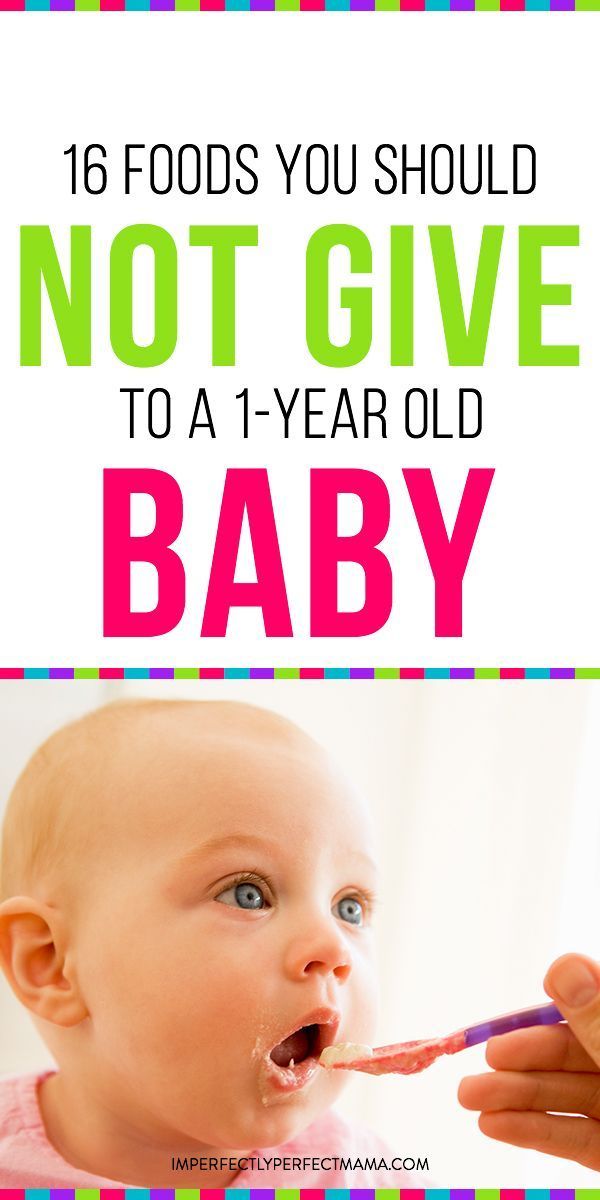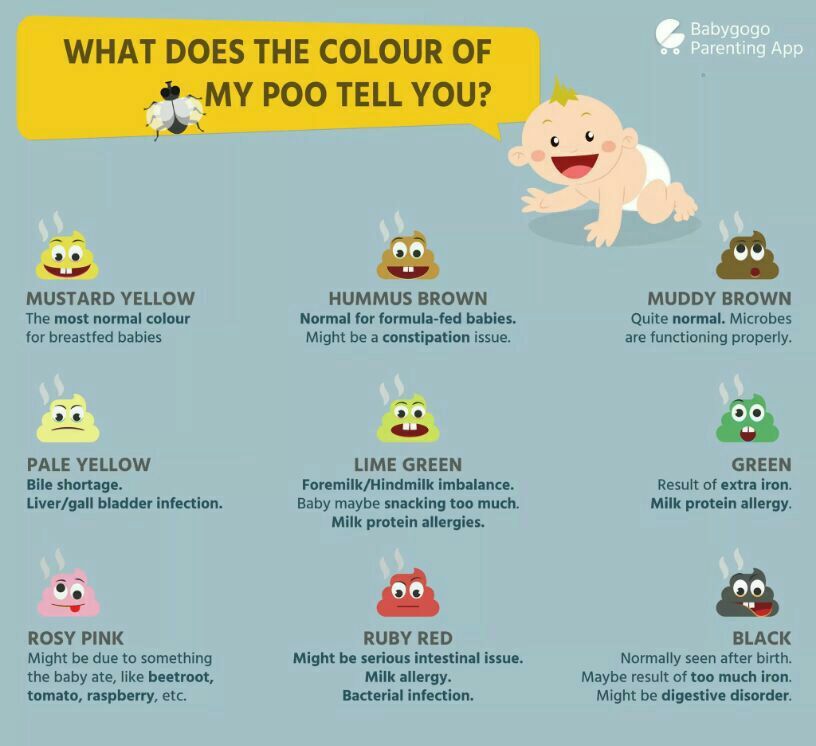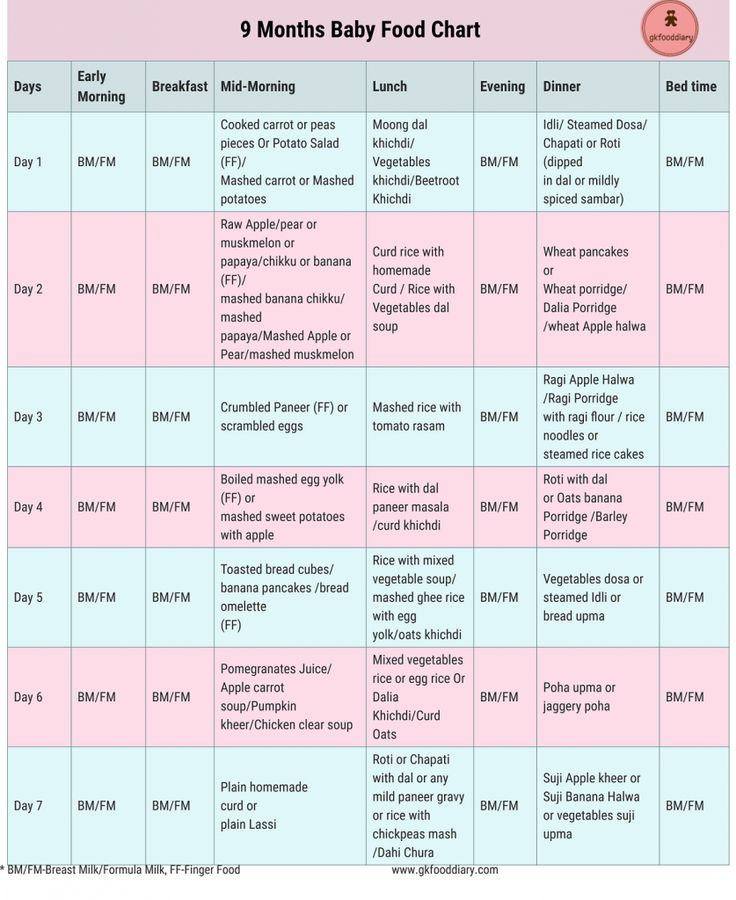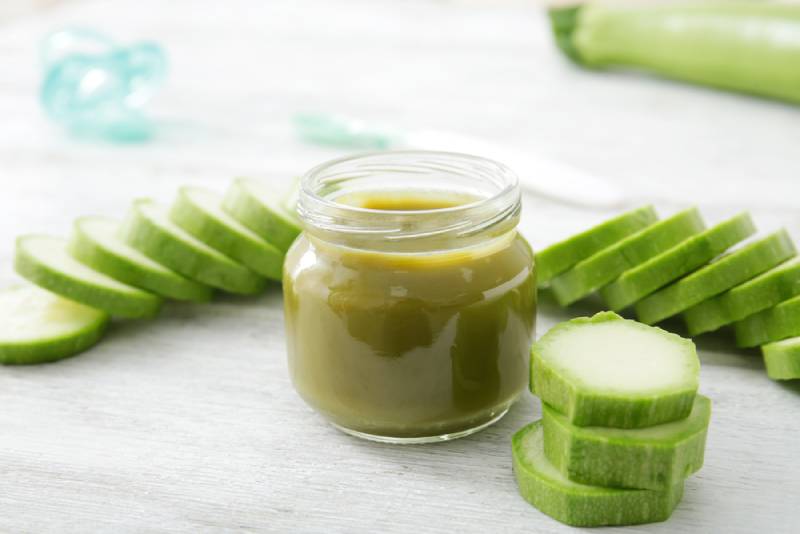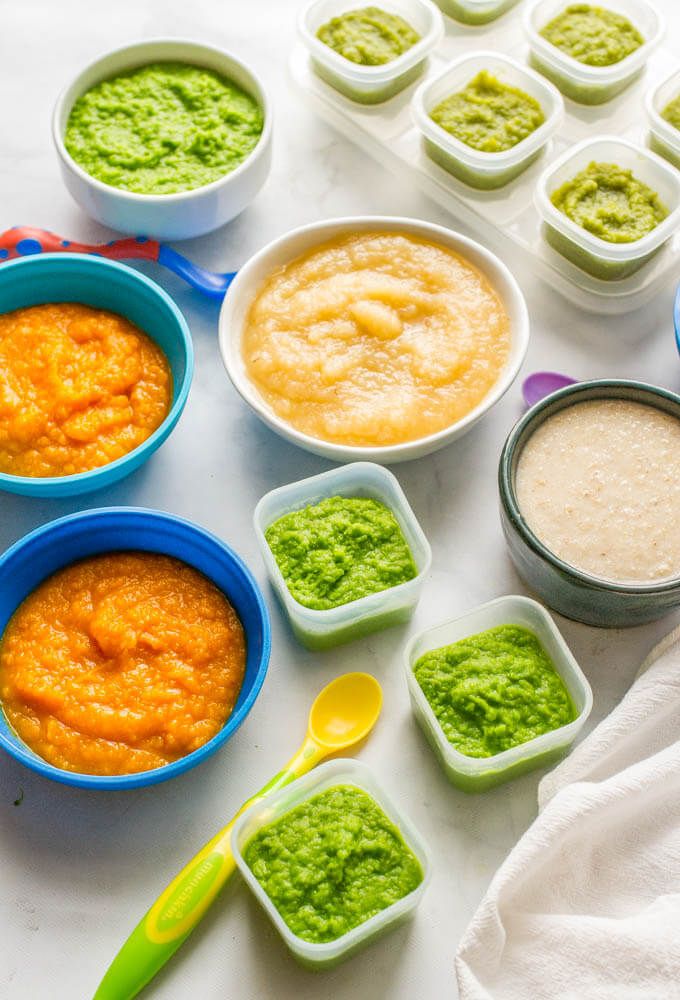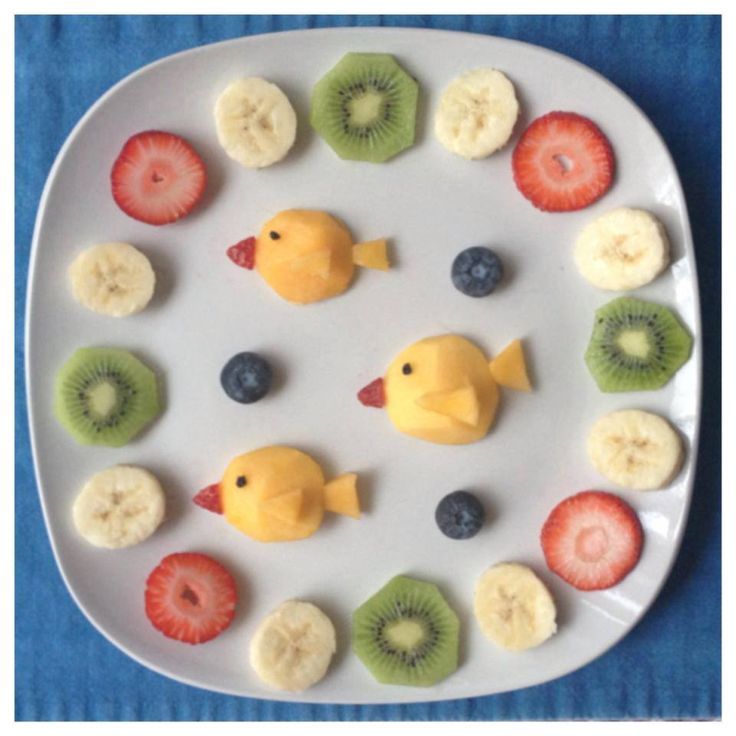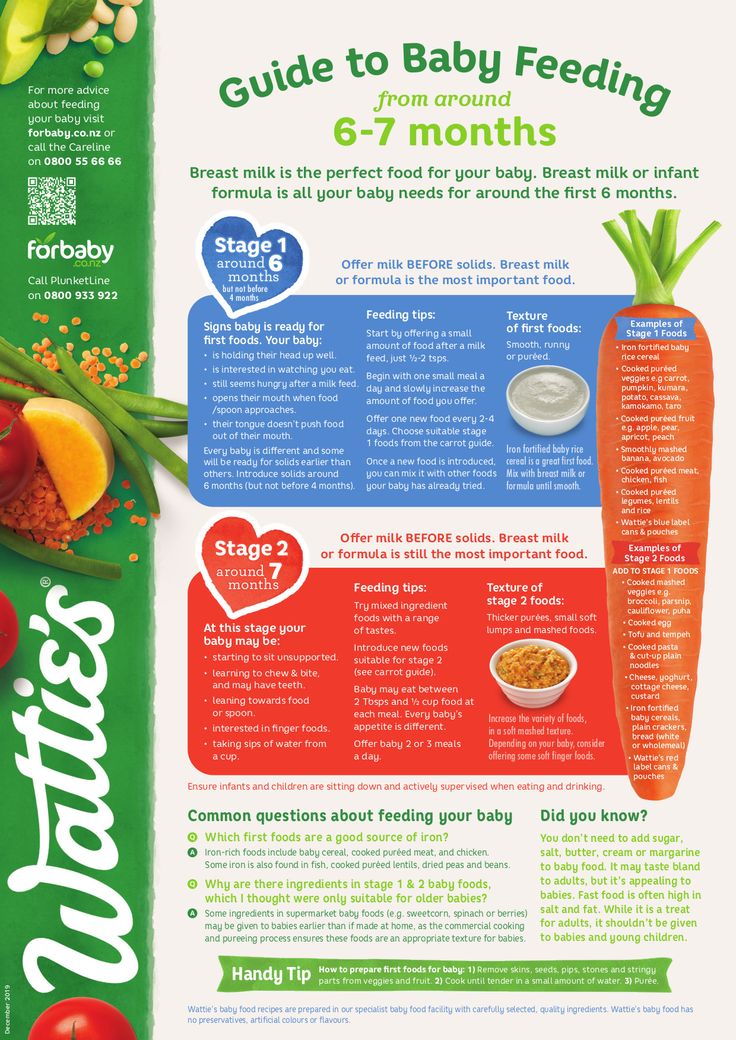What foods to eat for baby brain development
9 Foods To Boost Your Baby's Brain Development During Pregnancy – feedmomandme
Written by: Co-Founder Amanda Capriglione, RDN, CDN
Medically Reviewed by Dr. Nicole Palmer, DO
In this article
Every parent naturally wants their baby to be healthy and grow up to be smart. Scientific research suggests that your diet during pregnancy can help boost fetal brain development. Optimal nutrient intake will not only have you flourishing but also your growing baby. We will be discussing the nutrients and foods that help boost a baby’s brain development while pregnant.
1. TAKE YOUR DAILY PRENATAL VITAMIN
Taking a daily complete prenatal plus DHA multivitamin will help you get those extra nutrients you may not be getting in your everyday diet. Look for a prenatal with DHA and Choline, both essential for baby’s brain development. We recommend taking Feed Mom & Me Complete Prenatal + DHA Multivitamin.
Vitamins supplements are meant to supplement your well-rounded diet regimen. They help enhance your intake of nutrients and vitamins along with your everyday food intake. Vitamin supplements aren’t meant to be used in place of real food.
For more information on prenatal vitamins, please check out our Benefits of Feed Mom & Me Complete Prenatal with DHA Multivitamin Blog. To purchase our Prenatal Vitamins, click here! You got this mama, you and your little one are going to thrive!
2. OMEGA 3, LIKE DHAActive forms of omega-3 fatty acids are docosahexaenoic acid (DHA) and eicosapentaenoic acid (EPA), which are vitally important for your developing baby’s brain & retina during pregnancy. DHA is the critical component of the cell membrane in the brain, eyes, and nervous system. It also supports the development of the cerebrum, cerebellum, and brain stem.
The fetal’s brain growth accelerates during your second trimester and continues growth for several years after birth.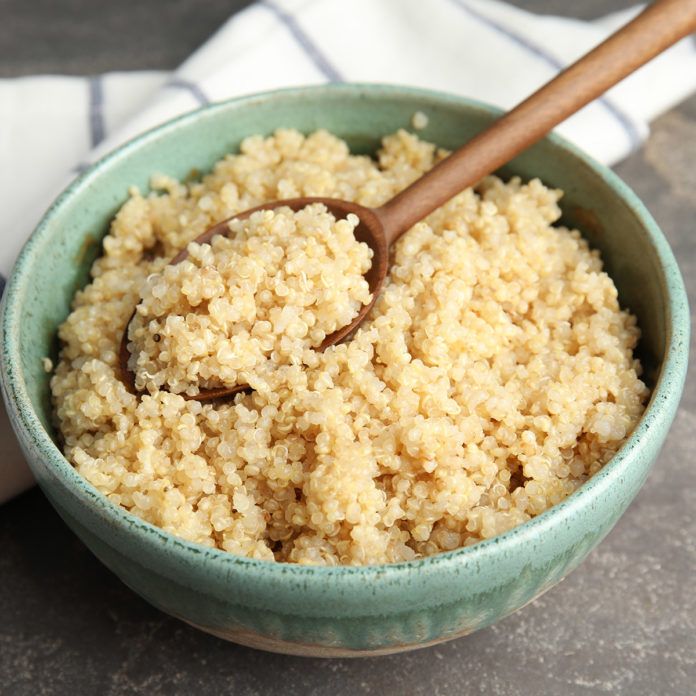 During pregnancy and lactation, it is recommended women’s daily intake of at least 200 mg of DHA. Both DHA and EPA are primarily derived from seafood and algae. Consuming 1 to 2 servings of seafood per week and a daily prenatal with DHA will help with your omega-3 intake.
During pregnancy and lactation, it is recommended women’s daily intake of at least 200 mg of DHA. Both DHA and EPA are primarily derived from seafood and algae. Consuming 1 to 2 servings of seafood per week and a daily prenatal with DHA will help with your omega-3 intake.
- Fish such as Salmon, Mackerel, Tuna, Herring, and Sardines. (No more than 12 ounces per week)
- Fortified Eggs
- Flax and Chia Seeds
★ A good prenatal vitamin with natural DHA will smell a little fishy.
Read more on DHA in our blog, All You Need To Know About Prenatal Vitamins And DHA.
3. CHOLINECholine is vital for the proper development of your baby’s brain and spinal cord. It also helps form the neurotransmitters in the brain, which the nervous system uses to transmit messages between neurons, and/or neurons to muscles. It also influences lifelong memory functions for your developing baby.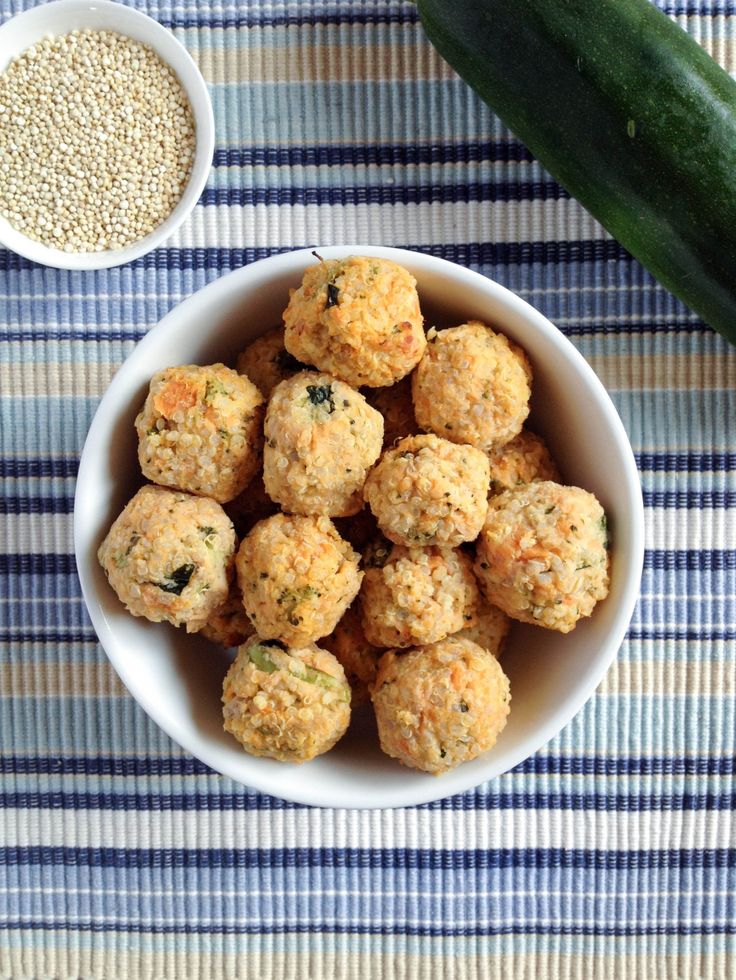
BEST FOODS RICH IN CHOLINE FOR PREGNANT WOMEN:
Read more on choline in our blog, Choline during pregnancy.
4. VITAMIN B COMPLEXVitamin B complex plays a critical role during pregnancy for your developing baby’s brain. They help aid the production of numerous aspects of brain function, including energy production, DNA/RNA synthesis/repair, genomic and non-genomic methylation, and the synthesis of numerous neurochemicals and signaling molecules. They can also be considered a potent antioxidant capable of protecting the brain’s cellular membranes.
BEST FOODS RICH IN VITAMIN B COMPLEX FOR PREGNANT WOMEN:- Poultry, Lean Beef, and Meat.
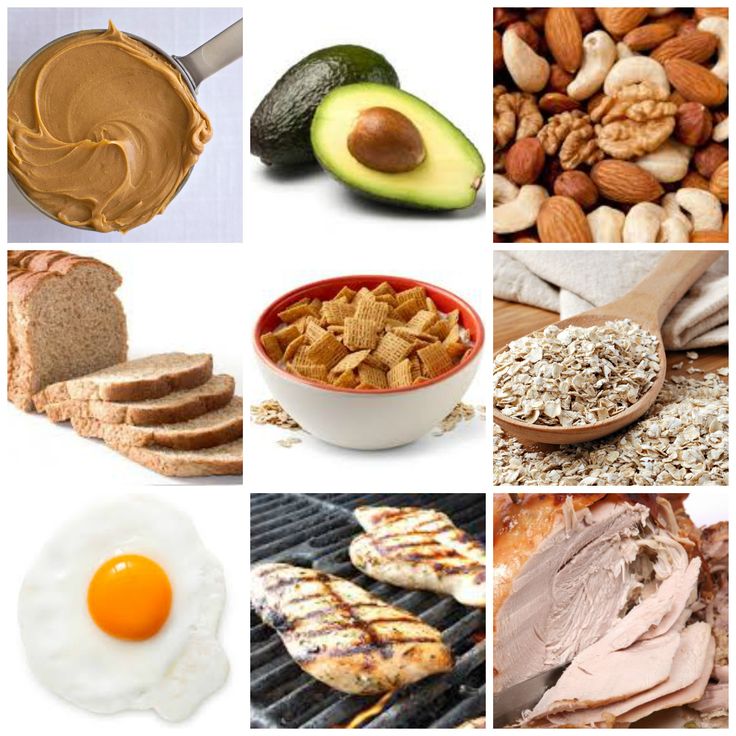
- Fish such as Tuna and Salmon. (No more than 12 ounces per week)
- Dairy Products such as Eggs, Milk, Yogurt
- Nuts and Seeds such as Peanuts, Sunflower Seeds, Hazelnuts, Pistachios, Cashew Nuts
- Legumes such as Chickpeas, Black-Eyed peas, and Kidney Beans
- Whole Grains such as Whole Wheat, Brown Rice, and Oats.
- Enriched and Fortified Foods such as many Breads and Cereals.
- Vegetables such as Mushrooms (especially shiitakes), Avocados, Potatoes, Asparagus, and Brussels Sprouts and Broccoli.
- Leafy Vegetables such as Spinach and Mustard Greens.
- Fruits such as Papaya, Oranges, and Banana.
- Dried fruits such as Apricots and Prunes.
5. ANTIOXIDANTS
Antioxidants protect your developing baby’s brain tissues and cellular membranes from damage and free radicals. Free radicals are unstable atoms that can damage cells. Produce contains the most amounts of antioxidants that are good for you and your baby. Try to consume seven servings of well-washed fruits and vegetables daily.
Try to consume seven servings of well-washed fruits and vegetables daily.
- Dark Chocolate
- Pecans
- Berries such as Blueberries, Strawberries, Raspberries, and Goji Berries
- Vegetables such as Artichokes, Broccoli, Asparagus, and Squash
- Leafy Vegetables such as Kale, Spinach, Cabbage, Lettuce, Collard Greens
- Root Vegetables such as Carrots, Beets, Radish
- Legumes such as Beans and Peas
- Avocados
★ Dark-colored produce often has more antioxidants.
6. IRONIron is one of the critical nutrients in developing a healthy baby. It helps your body produce hemoglobin, a protein that carries oxygen through your red blood cells, delivering life-sustaining oxygen to your baby. Oxygen helps flourish your developing baby’s brain growth. Make sure you stay hydrated when consuming iron to help avoid constipation. Check out our blog on the Top 15 Foods to Help Naturally Relieve Pregnancy Constipation.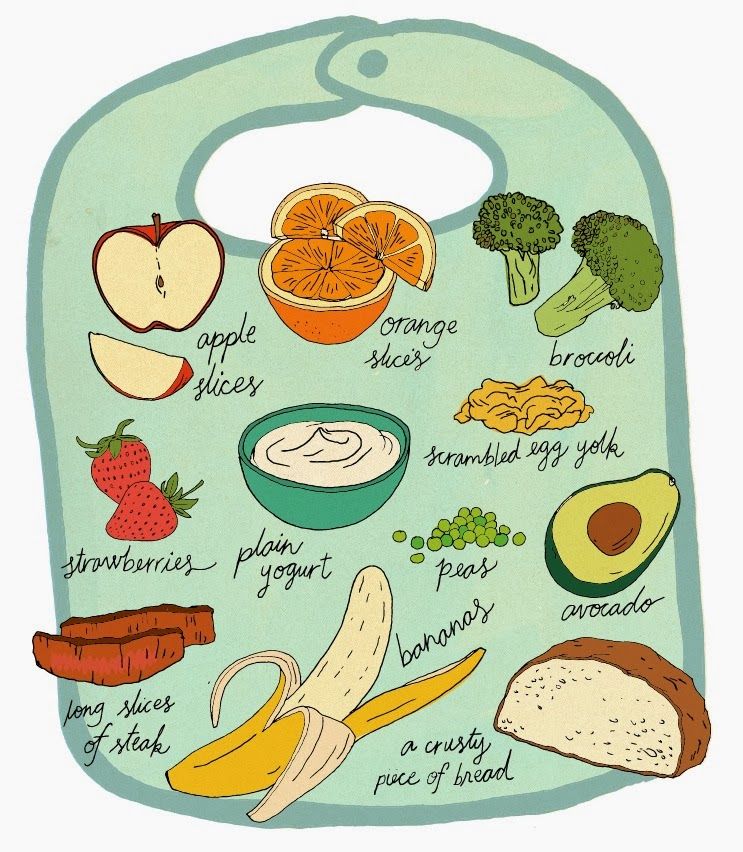
- Lean Meat, and Poultry.
- Iron-fortified Breakfast Cereals and Breads.
- Legumes such as White Beans, Lentils, Spinach, Kidney Beans, Peas, and Edamame.
- Dried Fruits such as Raisins, Apricots, Peaches, and Prunes.
- Leafy Greens such as Spinach, Kale, Broccoli, and Collards Greens.
Read more on iron in our blog, Iron during pregnancy.
7. PROTEINEvery cell in your body requires protein’s numerous amino acids to help your body make new cells and repair cells. Research has shown that proteins are essential for the function of brain cells and the development of your baby’s brain.
BEST FOODS RICH IN PROTEIN FOR PREGNANT WOMEN:- Poultry
- Fish such as Salmon & Shrimp
- Dairy such as Eggs, Milk
- Legumes such as Beans, Lentils, Split Peas.
- Nuts & Seed such as Peanuts, Walnuts, Cashews, Pistachios, and almonds
- Whole grains
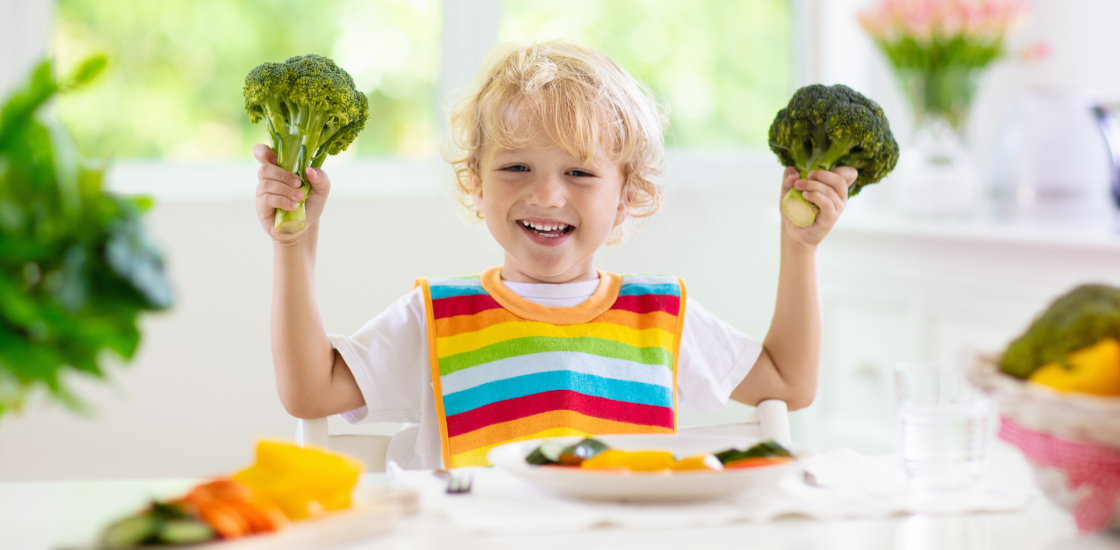 IODINE
IODINE Your thyroid needs iodine to produce triiodothyronine & thyroxine hormones in both your developing baby and you during pregnancy. Iodine plays a crucial role in aiding the formation of your growing baby’s cerebral cortex and neocortex, visual and auditory cortex, hippocampus, and cerebellum. The fetal thyroid is not fully active up until the 20th week of pregnancy; therefore, your baby is entirely dependent on maternal thyroxine supply.
BEST FOODS RICH IN IODINE FOR PREGNANT WOMEN:- Seafood & Fish such as Cod, Tuna, Seaweed, and Shrimp.
- Dairy products such as Milk, Yogurt, and Cheese.
- Iodized salt
Read more on iodine in our blog, The importance of iodine during pregnancy.
9. ZINCZinc is a key micronutrient that helps with the rapid growth and development of cells and tissue. Aiding the development of the brain's hippocampal and cerebellar.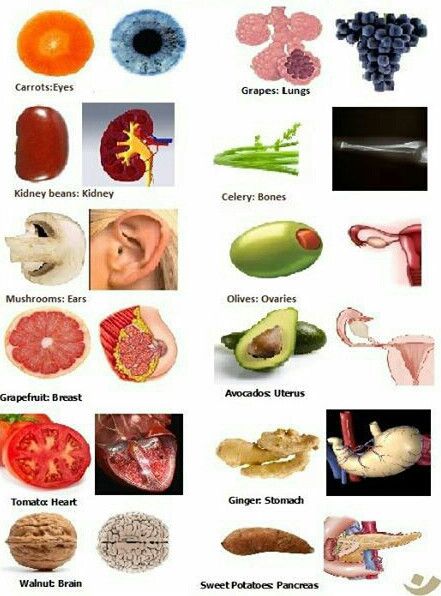 Making it essential for your baby’s brain development.
Making it essential for your baby’s brain development.
REFERENCE
- https://www.feedmomandme.com/products/complete-prenatal-vitamin-with-dha
- https://www.ncbi.nlm.nih.gov/pmc/articles/PMC3046737/#B3
- https://pubmed.ncbi.nlm.nih.gov/26828517/
- https://www.feedmomandme.com/blog/15-foods-to-help-pregnancy-constipation
- https://www.sciencedaily.com/releases/2006/09/060905225522.htm
- https://pubmed.ncbi.nlm.nih.gov/23062035/
- https://www.ncbi.nlm.nih.gov/pmc/articles/PMC3506421/#:~:text=Zinc%20is%20essential%20for%20normal,on%20the%20offspring's%20nervous%20system.
- https://feedmomandme.com/blogs/mama-blog/all-you-need-to-know-about-prenatal-vitamins-and-dha
- https://feedmomandme.com/blogs/mama-blog/importance-of-choline-during-pregnancy
- https://feedmomandme.com/blogs/mama-blog/iron-during-pregnancy
- https://feedmomandme.com/blogs/mama-blog/the-importance-of-iodine-during-pregnancy
Eggs, Fish, Nuts, Leafy Greens
As a mother, it’s never too early to start thinking about your baby’s brain and what you can do to promote healthy development. Maintaining a healthy and nutritious diet throughout pregnancy is one of the best ways you can promote the proper growth and development of your baby. This is especially true with regards to their brain development. Some of the nutrients that are essential to the proper growth and development of your baby’s brain include folate, choline, iron, plenty of antioxidants, omega-3 fatty acids, protein, and more.
Maintaining a healthy and nutritious diet throughout pregnancy is one of the best ways you can promote the proper growth and development of your baby. This is especially true with regards to their brain development. Some of the nutrients that are essential to the proper growth and development of your baby’s brain include folate, choline, iron, plenty of antioxidants, omega-3 fatty acids, protein, and more.
There are many foods you can eat during pregnancy that include these nutrients. Think foods that are scientifically proven to help boost brain development and improve your baby’s memory and learning capacity. Sign us up, right?! As moms, all we really want is to know that we’re giving our little ones the best start in life possible. So with that being said, we’ve created a list of different foods that pregnant women can eat to support fetal brain development. All in an effort to give our baby the happiest and healthiest start possible!
Leafy Greens
Leafy greens like spinach, asparagus, kale, and turnip greens are an excellent source of several vitamins and minerals.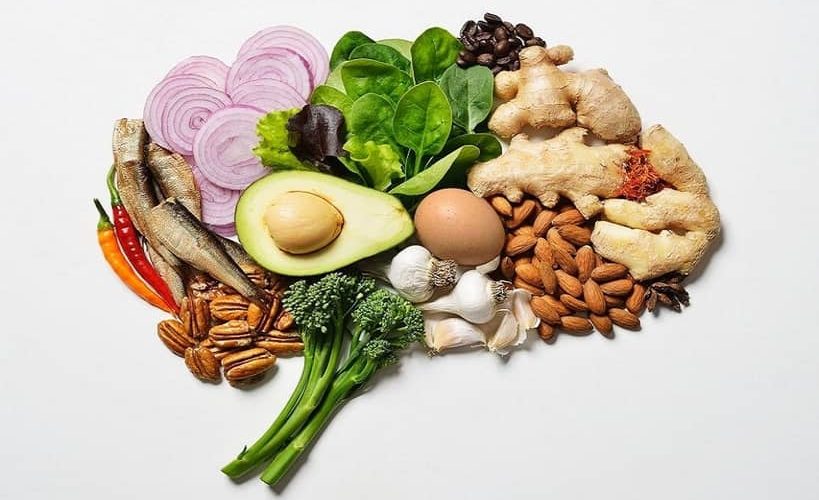 They all pack a major punch and promote healthy fetal brain development. Leafy greens are a great source of folate. Folate contributes directly to the development of the baby’s brain and spinal cord.
They all pack a major punch and promote healthy fetal brain development. Leafy greens are a great source of folate. Folate contributes directly to the development of the baby’s brain and spinal cord.
Folate has also been proven to help prevent brain and spine-related birth defects, also known as neural tube defects, like anencephaly and spina bifida. In addition to folate, leafy greens are also rich in antioxidants, which are both good for mom’s health and help to promote the healthy growth and development of the baby’s brain.
Nuts & Seeds
Nuts and seeds are rich sources of healthy fats, antioxidants, protein, folate, and zinc. Plus, they’re super easy to add to any meal and they’re one of many healthy snack ideas for pregnant women. Zinc is used by the mother and baby to create new cells and is involved in DNA synthesis. It’s an essential building block of the baby’s brain and is also known for supporting both the mother and baby’s immune system.
Fish
Eating high-quality seafood, like tuna and salmon, helps to promote the baby’s brain development big time. They are a rich source of omega-3 fatty acids DHA and EPA. According to research, omega-3 fatty acids are an essential building block of the baby’s brain and eyes. Omega-3 fatty acids are absolutely necessary for the proper growth and development of your baby’s brain, retinas, nerves, and more.
They are a rich source of omega-3 fatty acids DHA and EPA. According to research, omega-3 fatty acids are an essential building block of the baby’s brain and eyes. Omega-3 fatty acids are absolutely necessary for the proper growth and development of your baby’s brain, retinas, nerves, and more.
While high-quality fish is recommended during pregnancy, it’s important to remember to focus on low-mercury seafood choices during pregnancy. For more information about consuming seafood during pregnancy, you can check out our blog about safe seafood during pregnancy.
Legumes
Legumes contain many vitamins and minerals that support healthy fetal brain development. Plus, they’re some of the easiest foods to work into any recipe. Legumes like lima beans, red kidney beans, chickpeas, and black-eyed peas contain folate, fiber, protein, and iron. According to the Institute of Medicine (US) Committee on Nutritional Status During Pregnancy and Lactation, iron is essential to the healthy growth and development of the baby and the function of your placenta.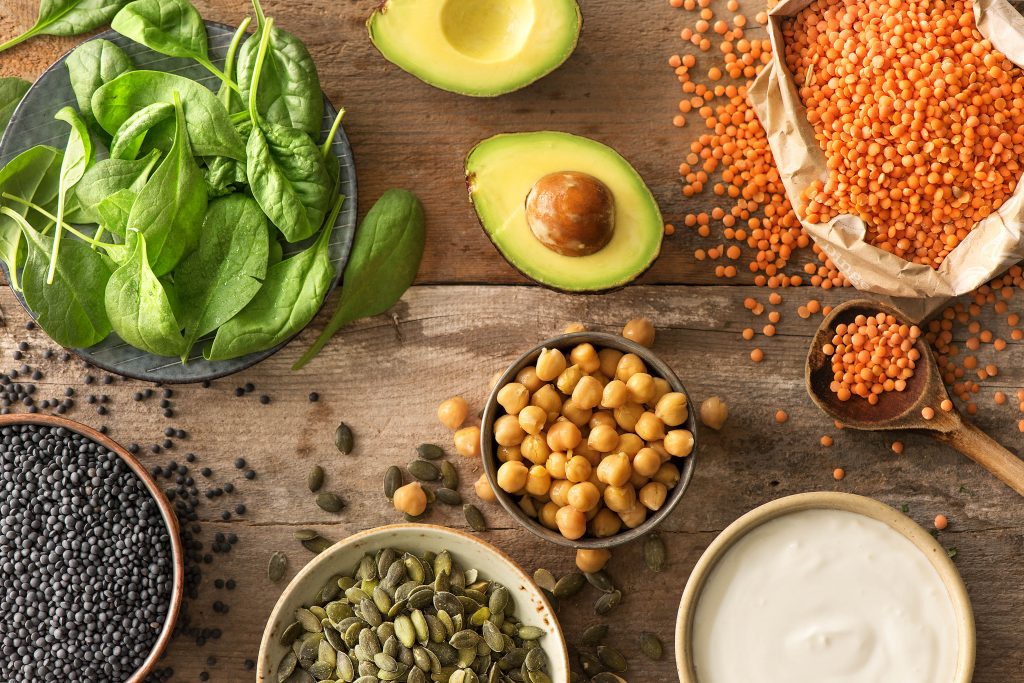 Adequate iron intake can also help prevent iron deficiency or anemia during pregnancy. Iron deficiency or anemia could increase the risk for complications during and after delivery, such as preterm birth or postpartum depression.
Adequate iron intake can also help prevent iron deficiency or anemia during pregnancy. Iron deficiency or anemia could increase the risk for complications during and after delivery, such as preterm birth or postpartum depression.
Berries
Berries like blackberries, blueberries, strawberries, and raspberries are excellent sources of many essential vitamins, minerals, and other nutrients. We LOVE berries for pregnant women for this reason. Plus, they’re great for combatting sweet cravings. Berries contain folate, fiber, vitamin C, and most importantly, they contain tons of antioxidants. Antioxidants help to prevent brain tissue damage, promote new tissue growth, and may even reduce the risk for childhood behavioral problems. Antioxidants can also help reduce inflammation and oxidative stress in the mother’s body throughout pregnancy.
Eggs
And last, but definitely not least, eggs are an important food to support the development of a baby’s brain. Eggs are one of the best sources of choline. In fact, two large eggs provide more than half the daily recommended amount of choline for pregnant women. According to National Health and Nutrition Examination Survey data, 90% of children, pregnant women, and adults aren’t getting enough choline. The National Institute of Health (NIH) recommends at least 450 mg per day of choline during pregnancy.
In fact, two large eggs provide more than half the daily recommended amount of choline for pregnant women. According to National Health and Nutrition Examination Survey data, 90% of children, pregnant women, and adults aren’t getting enough choline. The National Institute of Health (NIH) recommends at least 450 mg per day of choline during pregnancy.
Choline helps with the baby’s brain development and is specifically involved in creating the memory portion of the brain. Like folate, it also helps to prevent neural tube defects and has been compared to folate in its importance during pregnancy. Eggs are also a good source of protein and other nutrients.
Pregnancy Food List For Baby Brain Development
What are your thoughts on this food list to support baby’s brain development?Would you add anything to the list? These are our top six foods we recommend during pregnancy to support your baby’s brain development. Research has proven that consuming the above foods during pregnancy can have a positive effect on your child’s learning, memory, and cognitive functioning throughout childhood and possibly, their entire life.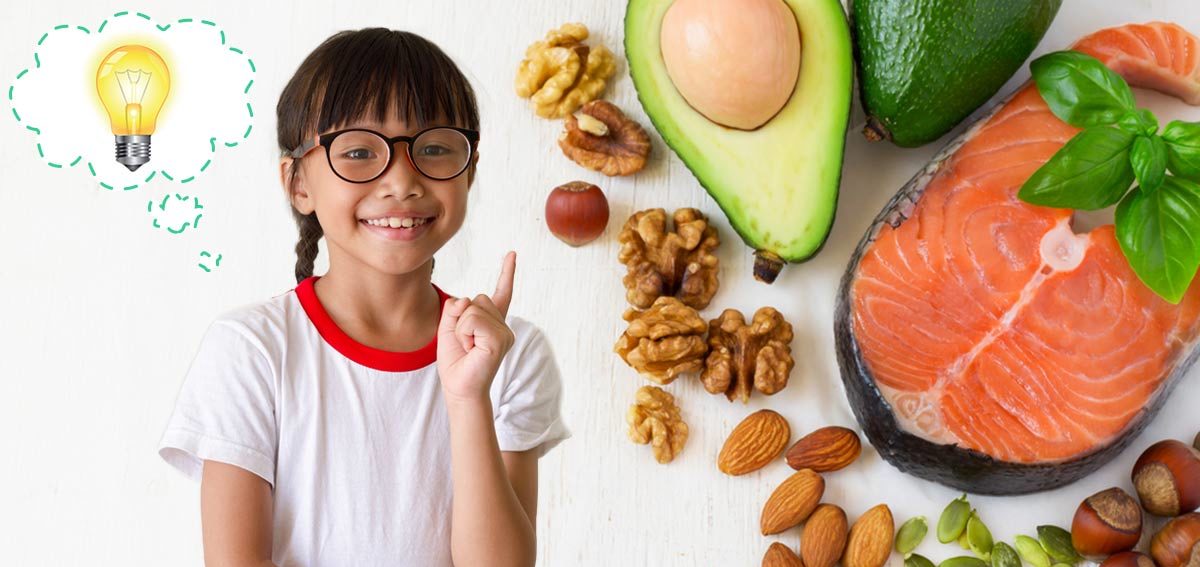 For some inspiration on how to add these foods to your diet, check out these healthy pregnancy lunch ideas for work or these healthy breakfast ideas for pregnant women…both include a variety of meals that feature some of the foods that promote healthy fetal brain development.
For some inspiration on how to add these foods to your diet, check out these healthy pregnancy lunch ideas for work or these healthy breakfast ideas for pregnant women…both include a variety of meals that feature some of the foods that promote healthy fetal brain development.
And, as always, don’t forget to join The Prenatal Nutrition Library and check out our app too; available in both the App Store and Google Play Store. You can search any topic instead of googling it and ask questions to a pregnancy-registered dietitian!
Food for the mind: foods that improve brain function at different ages smarter even in old age. Of course, it is better to “feed” the brain correctly throughout life, starting from the prenatal period.
What does our brain need?
Although our brain is only the size of a small head of cauliflower, it is the most voracious part of the body. By weight, it makes up only 2.5% of our total weight, and absorbs up to 20% of the calories we consume. There are several types of important foods, the regular use of which throughout life improves brain function, provides it with high-quality raw materials for the formation of new cells, and thus preserves our intelligence, preventing mental decline. To satisfy the "brain" hunger, you need two types of food. Firstly, the fuel necessary for the daily work of brain cells and replenishing energy reserves. And, secondly, substances that would support his daily activities.
There are several types of important foods, the regular use of which throughout life improves brain function, provides it with high-quality raw materials for the formation of new cells, and thus preserves our intelligence, preventing mental decline. To satisfy the "brain" hunger, you need two types of food. Firstly, the fuel necessary for the daily work of brain cells and replenishing energy reserves. And, secondly, substances that would support his daily activities.
The following nutritional recommendations will help extend the life of our brain.
Before birth (fetal development)
- Photo
- Getty Images/Tetra images RF
What the brain needs
Children today are often diagnosed with Attention Deficit Hyperactivity Disorder (ADHD). Scientists have found out how the quality of the food of a pregnant woman affects the development of this syndrome in an unborn child. In particular, they turned their attention to omega-3 fatty acids. One of the leading experts on ADHD, Dr. Alex Richardson of the University of Oxford, says that there is no specific treatment or diet for this type of disorder yet, but foods rich in omega-3s can help relieve symptoms and improve overall health. After all, in order for the 100 billion brain cells with which a child is born to develop, a sufficient supply of folic acid, omega-3 fatty acids, iodine, iron and zinc is required.
In particular, they turned their attention to omega-3 fatty acids. One of the leading experts on ADHD, Dr. Alex Richardson of the University of Oxford, says that there is no specific treatment or diet for this type of disorder yet, but foods rich in omega-3s can help relieve symptoms and improve overall health. After all, in order for the 100 billion brain cells with which a child is born to develop, a sufficient supply of folic acid, omega-3 fatty acids, iodine, iron and zinc is required.
What products contain it?
Bread, cereals, green vegetables, oranges or fruit juice are needed even during pregnancy, as these foods are rich in folic acid. Doctors also recommend that pregnant women take 0.8 mg of folic acid every day until the 12th week of pregnancy, and preferably at least 4 weeks before conception. Since some women require higher doses, it is best to discuss this with your doctor.
Fatty fish such as sardines, tuna, salmon, mackerel are the best source of long chain omega-3 fatty acids (EPA, DHA, DPA). And canola, flaxseed, and walnut oils provide us with ALA, another type of these fats.
And canola, flaxseed, and walnut oils provide us with ALA, another type of these fats.
Use iodized salt. Table salt is recommended for cooking pasta and vegetables, and sea salt can be added to ready-made dishes. Other sources of iodine are fish, dairy products, eggs, and baked goods with iodized salt.
Red meat is the most affordable source of iron. If you don't eat meat or fish, include plenty of legumes, fortified breads and cereals in your diet. For better absorption of iron from these foods, take them with fruit juice, but not tea - it impairs the absorption of iron. Most of these products will also provide you with zinc.
Be careful!
Meat is a great option, but don't overdo the liver. It is an excellent source of iron, but it contains too much vitamin A. Too much of it can damage the brain development of the unborn baby. It is enough to eat liver dishes once a week. And be careful with fish oil supplements, they are also too high in vitamin A. Before taking them during pregnancy, check with your doctor.
Before taking them during pregnancy, check with your doctor.
Smoking and alcohol abuse are also dangerous for a child's brain development. During pregnancy, it is really important to give up bad habits.
Children under 3
- Photo
- Getty Images/Blend Images
What the brain needs
At birth, a baby's brain has about 100 billion cells, but it is only 15% developed. As they say, "the lights are on, but no one is home." The cells are already there, but there are no connections between them yet. The brain will be almost fully developed by the baby's third birthday, and in the first 3 years of life, impulses should begin to pass from one cell (neuron) to another. To ensure proper development of the baby, the process of connecting these brain cells must begin already in newborns. For this to happen, children need omega-3s, iron and zinc.
What products contain it?
Breastfeeding is the best food for young children as it provides them with everything they need during their growing season, including omega-3 fatty acids, especially DHA.
Iron-rich foods are just as important, if not more so, for babies than for pregnant women. Babies are born with a supply of iron that lasts about 6 months. After that, they require dietary sources of iron. Meat purees should be introduced at the age of 6-7 months. Baby cereals, vegetables, beans and lentils also provide us with iron, as does fish, which can be introduced from about 8 months. Most of these products also contain zinc.
The use of these products during the first 3 years of life and beyond is very important so that the brain cells can work to their full potential. Do not rush to transfer a child from breast milk or infant formula to cow's milk, poor in iron - this may affect his health in the future.
But food for a child's brain is not only food.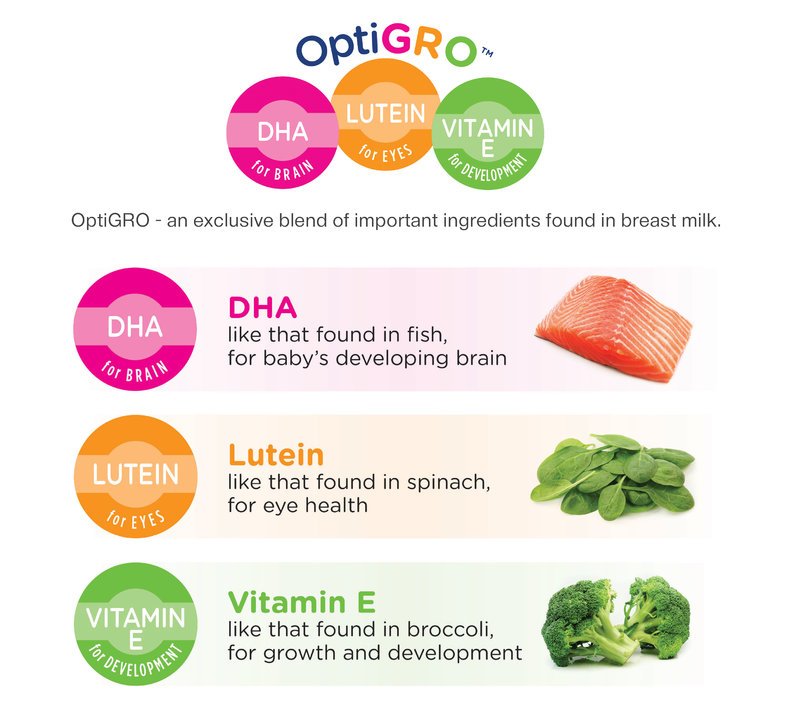 All the experience accumulated by a child in 3 years affects his ability to learn and behavior in the future. Children need a safe and comfortable home with a variety of intellectual stimulation options. Talk, read, sing and play with your children, let them feel that you love them.
All the experience accumulated by a child in 3 years affects his ability to learn and behavior in the future. Children need a safe and comfortable home with a variety of intellectual stimulation options. Talk, read, sing and play with your children, let them feel that you love them.
By the way!
Food alone is not enough to improve brain function. Scientists recommend doing exercises for the brain - neurobics. The basic idea is simple: do the usual things in an unusual way, and you will not let the brain "wither". The more varied and non-standard tasks that you set for yourself, the better. In scientific terms, this is what will happen: new synapses-connections are formed between neurons, the cerebral cortex thickens and becomes more tortuous. In general, the brain is literally "pumped". Read more about neuroscience here.
Schoolchildren
- Photo
- Getty Images/iStockphoto
What the brain needs
At this age, the brain processes a lot of new information every day.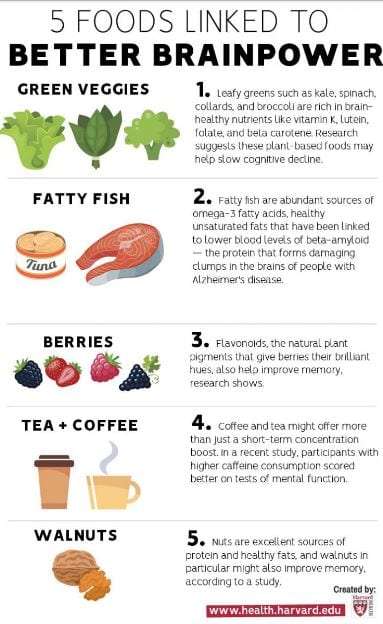 Proper nutrition has a positive impact on children's school performance. These conclusions were reached by researchers from Canada, who studied the diet of 5,200 honors students. Children whose diets were rich in fruits, vegetables, grains, dietary fiber, protein, iron, calcium, and vitamin C performed better in reading and writing than those whose diets were rich in saturated fat, salt, and "empty" carbohydrates . Previous research has shown that malnourished children were uncollected and did worse in school. Conclusion: in school years, the brain needs proteins, carbohydrates, omega-3s and various vitamins and minerals.
Proper nutrition has a positive impact on children's school performance. These conclusions were reached by researchers from Canada, who studied the diet of 5,200 honors students. Children whose diets were rich in fruits, vegetables, grains, dietary fiber, protein, iron, calcium, and vitamin C performed better in reading and writing than those whose diets were rich in saturated fat, salt, and "empty" carbohydrates . Previous research has shown that malnourished children were uncollected and did worse in school. Conclusion: in school years, the brain needs proteins, carbohydrates, omega-3s and various vitamins and minerals.
What products contain this?
Breakfast, heavy or not, gives the brain fuel to work. Toast, porridge, eggs, fruit or yogurt is a great start to the school day.
Any protein food, such as meat, fish, nuts, cheese or milk, makes the student attentive. It stimulates the feel-good hormone dopamine, helping him enjoy lessons he usually doesn't enjoy.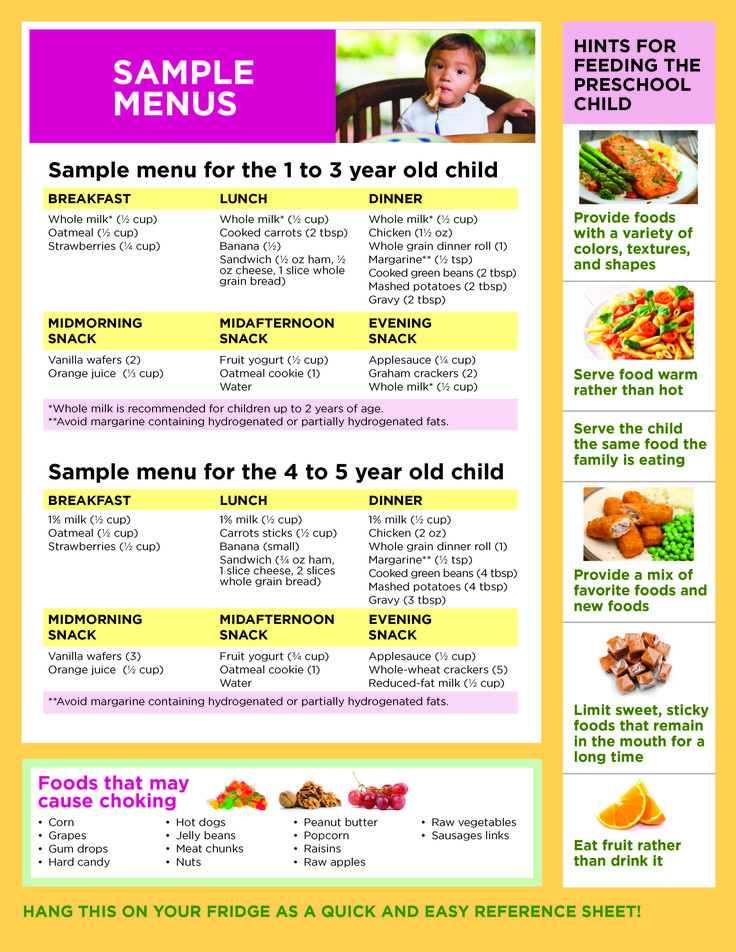
A peanut butter sandwich helps to transmit impulses from neuron to neuron as quickly as possible. If the student cannot tolerate peanuts, replace them with an egg, lean meat, or cheese.
Oily fish is important for both academic success and growth. Canned fish is suitable for sandwiches or rolls, which can be given to the child with him to school.
Try adding fruits and vegetables to every meal to ensure you get a full complement of brain-friendly vitamins and minerals. It's also a good solution for a healthy break snack. No proper food can replace a good night's sleep. At the lesson, at the stadium or at the exam, the child will be able to do much more if he gets enough sleep.
Adults
- Photo
- Getty Images/E+
What does the brain need?
About 2/3 of each brain cell consists of fats. To effectively send messages, its walls must be flexible, which depends on their content of omega-3. If there are too few of them, the cell walls become rigid, if there are too many, they become soft and sluggish. It all depends on the right amount. The ratio between omega-6 and omega-4 is also important as these two types of fat compete with each other. Omega-3s will be neutralized if they are dominated by omega-6s. Since we get a lot of omega-6 from food (from vegetable oils), it is recommended to eat more food containing omega-3, such as oily fish.
If there are too few of them, the cell walls become rigid, if there are too many, they become soft and sluggish. It all depends on the right amount. The ratio between omega-6 and omega-4 is also important as these two types of fat compete with each other. Omega-3s will be neutralized if they are dominated by omega-6s. Since we get a lot of omega-6 from food (from vegetable oils), it is recommended to eat more food containing omega-3, such as oily fish.
With over 40 years of experience, we want to think as clearly and quickly as possible. To perform at its best, the adult brain needs a continuous supply of energy throughout the day. Only starchy carbohydrates can provide this.
What products contain this?
Wherever you eat: at home, in the car or at work, breakfast is just as important for an adult as it is for a student. Eating only air, you will not be able to fully work.
If morning tea is part of your workflow, pair it with a fruitcake, a sausage roll, or a large biscuit from a local café.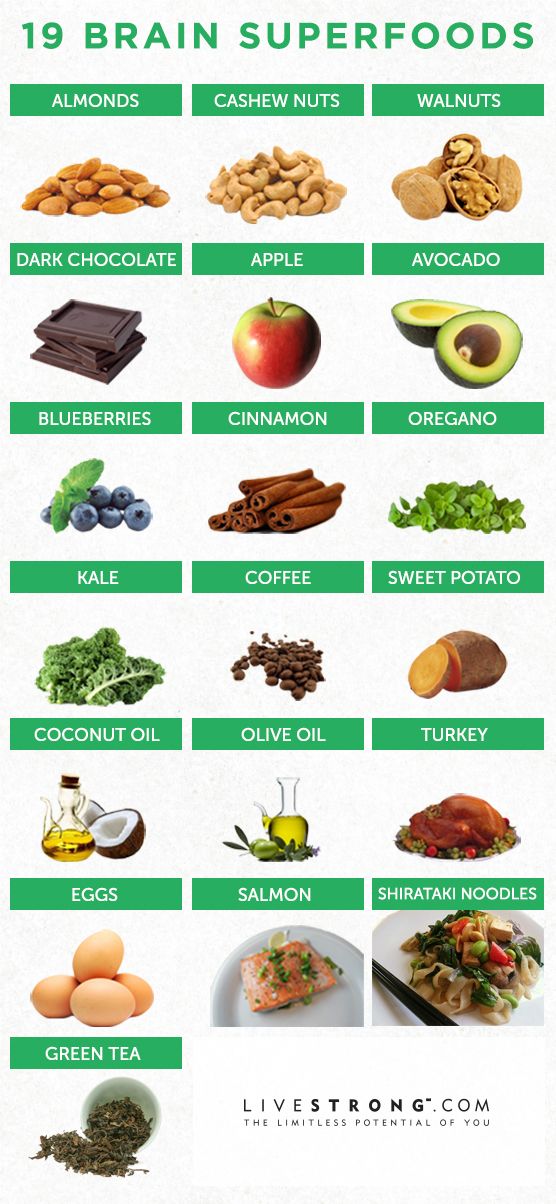
Drinks containing caffeine, such as coffee and tea, are helpful throughout the day. The caffeine burst will help you in meetings and conferences, but keep in mind that it only peaks an hour after you've had coffee or tea.
Eat at regular intervals during the day, this will help you keep the fuel for the brain at the proper level. Find time for lunch. Keep an emergency supply on your desk in case you can't go to lunch. Canned fish, beans, fruit or rice pudding keep well, and crackers, nuts, or low-calorie granola bars will do as well.
Avoid chocolate or muffins in the middle of the day when energy levels are low. But don't give up sugar altogether. After lunch, take a walk around the office or get some air to stimulate the brain. If you weren't able to eat lunch, eat a sandwich or fruit for a long-term energy boost.
The elderly
- Photo
- Getty Images/Image Source
As we age, our brain becomes more like a sieve.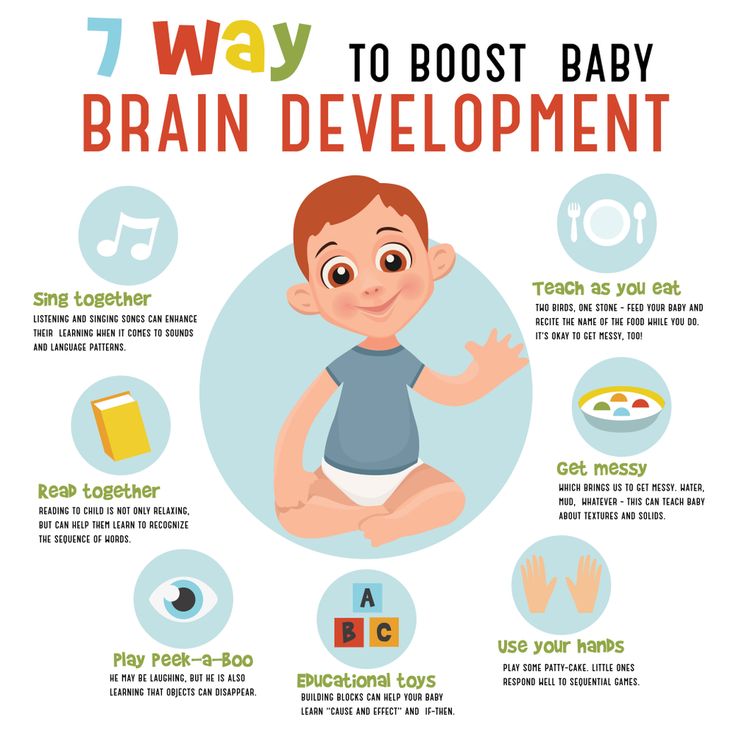 Brings memory, reactions. It is more difficult for us to remember, even more difficult to remember, analyze, focus on the thought process. And this, in essence, is a natural phenomenon: our gray matter, like the whole body, is subject to the process of oxidation - the same one that corrodes metal with rust, or covers an overripe apple with brown spots. This is why as we age, more than ever, our brains need antioxidants and B vitamins, especially choline.
Brings memory, reactions. It is more difficult for us to remember, even more difficult to remember, analyze, focus on the thought process. And this, in essence, is a natural phenomenon: our gray matter, like the whole body, is subject to the process of oxidation - the same one that corrodes metal with rust, or covers an overripe apple with brown spots. This is why as we age, more than ever, our brains need antioxidants and B vitamins, especially choline.
What products contain it?
The main allies in the fight against brain aging are antioxidant-rich fruits and vegetables. By the way, they also help to slow down oxidative processes throughout the body, moreover, without any plastic surgery. Include carrots, beets, broccoli, tomatoes, kiwi, blueberries, avocados in your diet. In addition, the “menu” of a mature brain must include nuts and seeds, cereals, butter and dark chocolate (necessarily of high quality). These products inhibit the oxidation of gray matter.
To get the vitamins of group B necessary for the normal functioning of the brain in old age, you need to eat various types of meat, citrus fruits, vegetables, grain bread.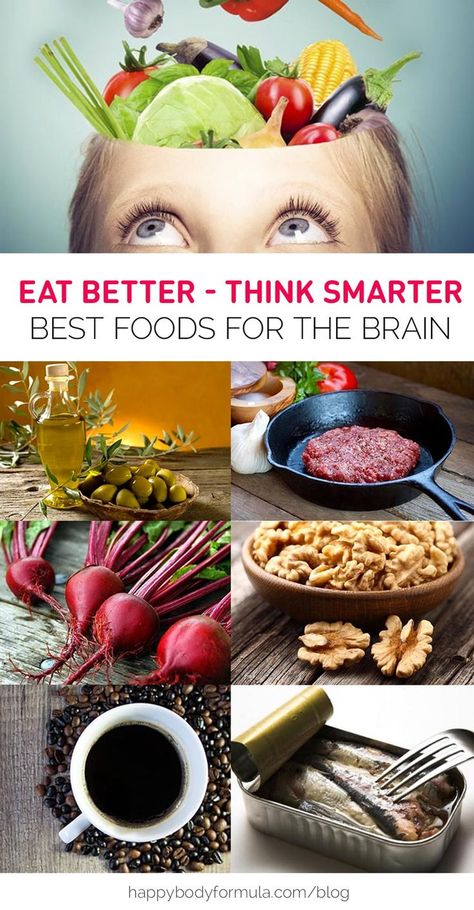 The most useful product for the brain of an aged person is an egg, a source of choline. It has been scientifically proven that people with Alzheimer's disease and senile dementia have a lower content in the body of such an important substance for the functioning of the brain as acetylcholine. You can prevent its decrease in the body by eating eggs, milk, liver and red cabbage. There are a number of studies proving that the so-called "Mediterranean diet" (fatty fish, fresh fruits and vegetables) is useful for older people to prevent the development of senile dementia.
The most useful product for the brain of an aged person is an egg, a source of choline. It has been scientifically proven that people with Alzheimer's disease and senile dementia have a lower content in the body of such an important substance for the functioning of the brain as acetylcholine. You can prevent its decrease in the body by eating eggs, milk, liver and red cabbage. There are a number of studies proving that the so-called "Mediterranean diet" (fatty fish, fresh fruits and vegetables) is useful for older people to prevent the development of senile dementia.
Don't forget about the benefits of an active lifestyle in adulthood - no matter how good your diet is, but adequate exercise for the brain is also important.
10 products, beneficial for the brain at any age:
-
BLACK
-
Cranberry
-
Fat fish, tuna, sardins, salmon
-
901 901 901 901 901 901 901 901 Nuts: hazelnuts, peanuts, cashews
-
Claires and MURULY
-
Bread
-
Eggs
-
Red -haired cabbage
-
Yogurt
Anna Borisova, Svetlana Lyuboshits
Food for thought - NCCH
Senior preschool (from 4 to 6 years old) and junior school age (from 6 to 10 years old) are two very important periods in a child's life.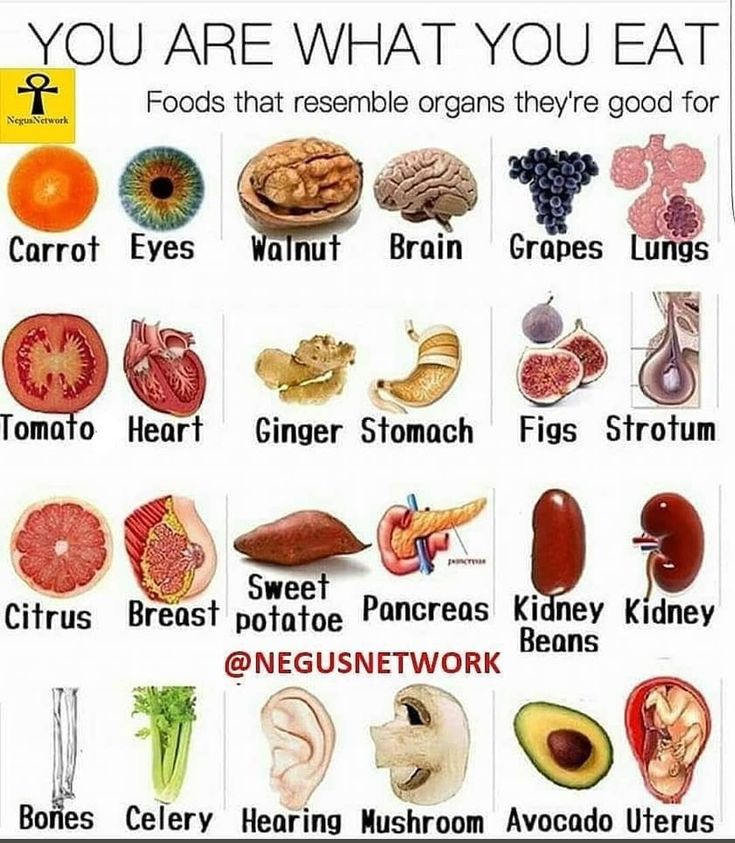 It was at this time that the intensive development of memory, speech, attention takes place, the formation of character, the emotional sphere and many habits, including food habits, takes place.
It was at this time that the intensive development of memory, speech, attention takes place, the formation of character, the emotional sphere and many habits, including food habits, takes place.
In order to ensure the correct development of the child in different age periods, food, not only quantitatively, but qualitatively, must strictly meet the physiological needs and capabilities of the child's body.
It is especially important to properly approach the issue of nutrition for children who will go to school for the first time. During this crucial period of increased psychological, physical, mental and emotional stress, the child's body should be supported with all the necessary nutrients.
The brain makes up only 2-3% of body weight, but consumes about 20% of all energy received from food.
The dependence of intelligence on the quality of nutrition can be considered proven. Large-scale studies have reliably confirmed that maternal malnutrition during pregnancy and poor nutrition of the child in infancy have an almost irreversible negative impact on the development of mental abilities.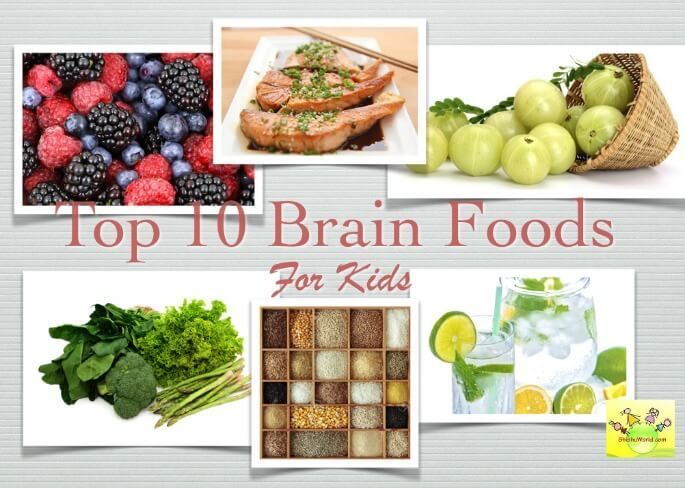
The cells of the brain, like all other cells of the body, are composed of proteins, fats and carbohydrates.
The role of proteins in the life of a child's body is exceptionally great and diverse. Since the child has practically no reserve reserves of protein, he needs a constant supply of protein from food, primarily protein of animal origin, which includes essential (not formed in the body) amino acids.
Fats are part of cells and cell membranes. The intake of essential polyunsaturated fatty acids with food, which perform the most important functions in the body, is very important. They are necessary for the normal development of the brain and organs of vision, the formation of immunity, etc.
Polyunsaturated fatty acids, especially omega-3 acids, regulate cholesterol levels. They are rich in cod liver, fish oil and in general oily fish - trout, chum salmon. Useful corn, soybean, linseed vegetable oil. One tablespoon of any vegetable oil is enough to meet the daily requirement for polyunsaturated fatty acids.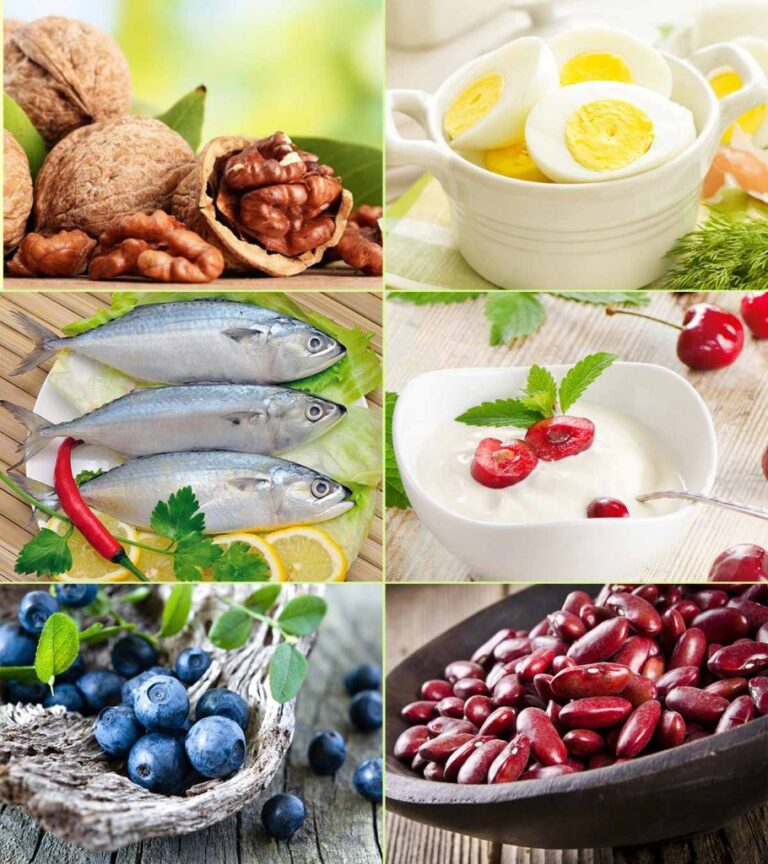 By the way, vegetable oil is the more useful, the closer to the north the oilseed crop is grown.
By the way, vegetable oil is the more useful, the closer to the north the oilseed crop is grown.
Our brain needs a lot of glucose to work properly. We usually get it from foods rich in carbohydrates - such as bread, cereals, confectionery, sugar. By the way, glucose is the only source of energy for our nerve cells - neurons, they are very sensitive to its content in the blood, so its insufficient supply immediately affects the brain.
With a varied diet, the child receives not only proteins, fats and carbohydrates, but also vitamins and minerals, which are also necessary for the active functioning of the brain.
Vitamin B1 (thiamine) is the vitamin of the mind. With physical and mental stress, the need for this vitamin increases by 10-15 times. It affects metabolism and the function of the nervous system. Vitamin B1 is contained in large quantities in the shells of grain products, cereals (buckwheat, millet, oatmeal), shelled peas, yeast, potatoes, blackberries, raspberries, chicory, blueberries, rose hips, sorrel.
Vitamin B2 (riboflavin) - metabolism stimulant. It is involved in tissue respiration, affects tissue regeneration. The need for this vitamin is well covered by plant foods: these are cereals, bread, peas, many vegetables and fruits. There is a lot of riboflavin in sea buckthorn, dandelion, chicory, rosehip.
Vitamin B6 (pyridoxine) - vitamin of strong nerves - affects the excitability and contractility of the neuromuscular apparatus, improves long-term memory, increasing the efficiency of intellectual processes. Found in bananas, potatoes, oatmeal, tuna, chicken. The daily norm can be obtained from 200 g of beef and 50 g of bran flakes. Dishes made from potatoes, wheat, cabbage, peas, buckwheat, sweet peppers, rice, and some fruits are rich in this vitamin.
Vitamin C (ascorbic acid) - immunity vitamin. With a deficiency of ascorbic acid, performance decreases. It is possible to develop a disease such as scurvy. Ascorbic acid is an antioxidant and strengthens cell membranes, increases resistance to oxygen deficiency and other extreme factors. The main source of vitamin C is plant foods: most vegetables and fruits, as well as black currants, citrus fruits, kiwi, rose hips.
Ascorbic acid is an antioxidant and strengthens cell membranes, increases resistance to oxygen deficiency and other extreme factors. The main source of vitamin C is plant foods: most vegetables and fruits, as well as black currants, citrus fruits, kiwi, rose hips.
Vitamin A (retinol) affects visual acuity. The need for vitamin A increases 3-4 times during competitions, physical exertion, and stress. Vitamin A in the form of carotenoids is found not only in cultivated plants (carrots, spinach, peppers, onions, lettuce, tomatoes), but also in wild plants (hawthorn, blackberry, shadberry, viburnum, raspberry, mountain ash, blueberry, dog rose).
Vitamin E (tocopherol) increases the speed of nervous processes, reaction time and intelligence. Tocopherol has antioxidant properties. There is a lot of vitamin E in vegetable oils, cereal germs, green vegetables, sea buckthorn, wild rose, as well as blackberries, mountain ash.
Vitamin P - permeability vitamin.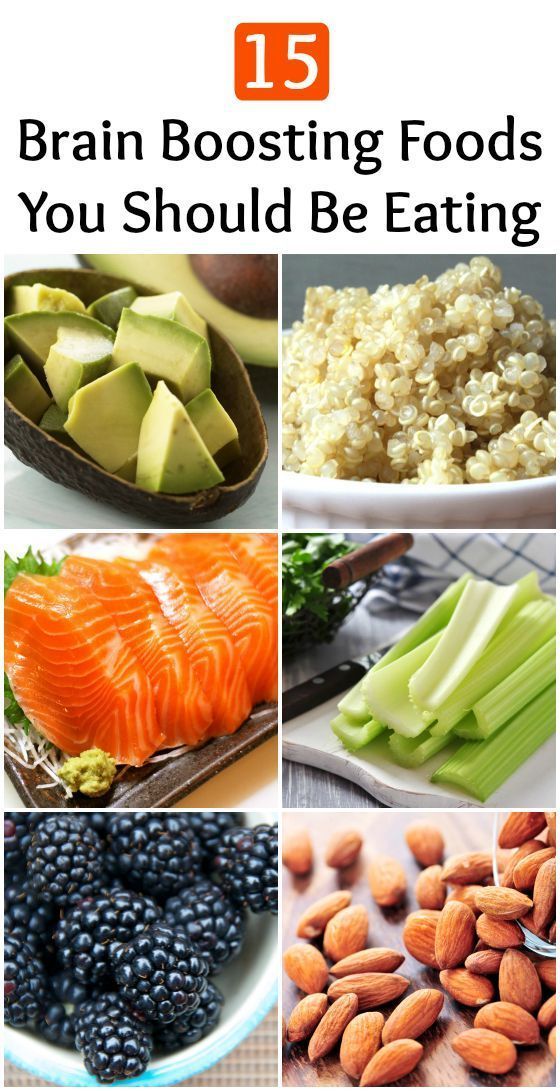 Vitamin P is understood as a large group of diverse (over 500) chemical compounds (polyphenolic compounds, or bioflavonoids). They not only strengthen capillaries, as was previously thought, but also have antioxidant, antimicrobial, antiviral, antitoxic, anti-inflammatory, antispasmodic, antiulcer, regenerating, antitumor and choleretic effects. Bioflavonoids are found in the same foods as vitamin C, i.e. vegetables and fruits.
Vitamin P is understood as a large group of diverse (over 500) chemical compounds (polyphenolic compounds, or bioflavonoids). They not only strengthen capillaries, as was previously thought, but also have antioxidant, antimicrobial, antiviral, antitoxic, anti-inflammatory, antispasmodic, antiulcer, regenerating, antitumor and choleretic effects. Bioflavonoids are found in the same foods as vitamin C, i.e. vegetables and fruits.
Lack of vitamin F can lead to depression and memory impairment. It is found in greens, cabbage leaves, spinach.
Choline is a fat-like substance that helps maintain communication between different parts of the brain. Its deficiency leads to absent-mindedness, inability to concentrate. Choline is one of the components of lecithin, which is found in egg yolks, offal (beef and pork liver, kidneys).
Calcium . Universal regulator of vital processes. It takes part in the transmission of nerve impulses, the secretion of hormones and mediators, the activity of analyzers, etc.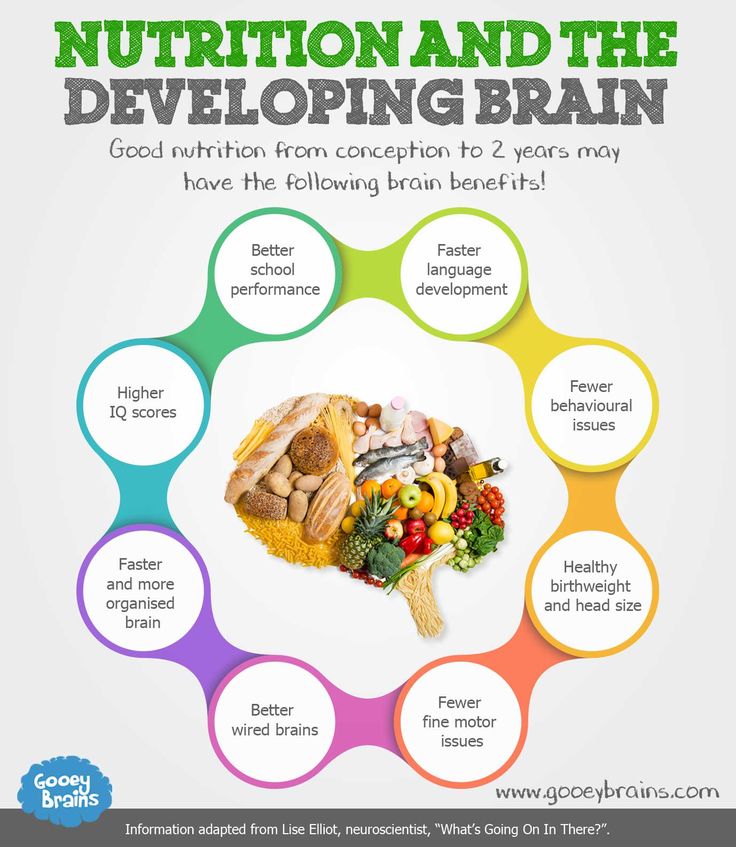 , stabilizes the excitability of cells. It has recently been found that this element is able to fight depression. Found in dairy products, dried fruits, broccoli, almonds, sardines. Many fruits and vegetables also contain significant amounts of calcium. These include apricots, grapes, peas, cabbage, green onions, parsley, lettuce, plums, mulberries, etc. Sorrel and spinach are rich in calcium, but the presence of oxalic acid prevents its absorption. Calcium is ideally absorbed in the composition of eggplant, beets, Brussels sprouts, tomatoes. Calcium is also found in many wild-growing edible plants: lingonberries, dogwoods, blueberries, etc.
, stabilizes the excitability of cells. It has recently been found that this element is able to fight depression. Found in dairy products, dried fruits, broccoli, almonds, sardines. Many fruits and vegetables also contain significant amounts of calcium. These include apricots, grapes, peas, cabbage, green onions, parsley, lettuce, plums, mulberries, etc. Sorrel and spinach are rich in calcium, but the presence of oxalic acid prevents its absorption. Calcium is ideally absorbed in the composition of eggplant, beets, Brussels sprouts, tomatoes. Calcium is also found in many wild-growing edible plants: lingonberries, dogwoods, blueberries, etc.
Potassium . Participates in the processes of transmission of nervous excitation, conduction of impulses along nerve fibers, regulates muscle excitability, promotes the expansion of the capillary network, improves blood supply to working muscles. It is especially necessary for the normal functioning of the heart. The most rich in potassium are dried fruits, such as apricots, raisins, dried apricots, dry peaches, dates, prunes.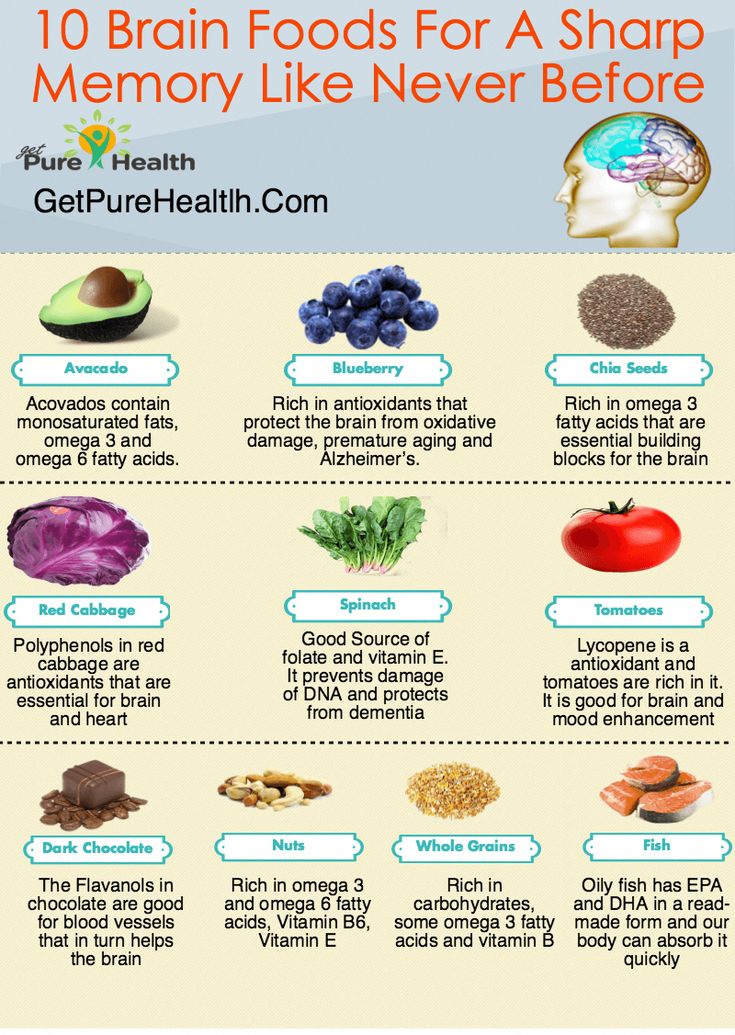 A lot of potassium in baked potatoes, tomatoes, parsley, spinach, Brussels sprouts, blackcurrants, beans, celery, figs. An additional source of potassium can be lingonberries, blackberries, raspberries, dandelions, chicory, blueberries, rose hips, etc.
A lot of potassium in baked potatoes, tomatoes, parsley, spinach, Brussels sprouts, blackcurrants, beans, celery, figs. An additional source of potassium can be lingonberries, blackberries, raspberries, dandelions, chicory, blueberries, rose hips, etc.
Phosphorus is so closely associated with calcium that it is often referred to as phosphorus-calcium metabolism. It is involved in many types of metabolism. It is especially important for the functions of the nervous and muscular systems. Phosphorus is found in small amounts in animal products - meat, fish. A good source of it are only dried fruits, legumes, baked goods, as well as vegetables and herbs: onions, parsley, parsnips, cabbage, horseradish, lettuce, carrots, beets.
Iron is part of hemoglobin, redox enzymes, thereby participating in oxygen transport in tissue respiration. Iron deficiency anemia, which is often detected in young children, leads to the fact that at an older age, especially in elementary school, the child is restless, cannot concentrate on lessons, is motorally disinhibited, concentration and memory deteriorate.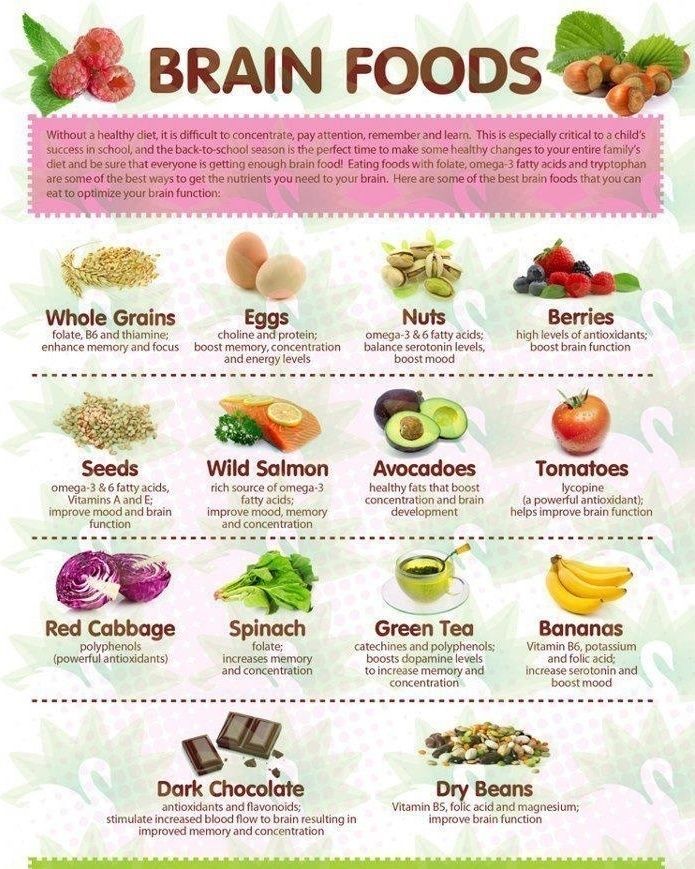
It is very important to take into account not only the quantitative content of iron in products, but also its qualitative form. There are two main types of iron: heme, which is found in meat products, and non-heme, mainly in plant products.
Heme iron is well absorbed and absorbed by the body regardless of the influence of other food ingredients, the percentage of absorption is 17 - 22%, while the absorption of non-heme iron is much lower, 3 - 5%, and its absorption is influenced as activators (organic acids, proteins, carbohydrates, vitamins) and absorption inhibitors (phytates, phosphorus-calcium compounds, dietary fiber, etc.). The degree of absorption of non-heme iron largely depends on the composition of the diet. So, adding 50 g of meat to a vegetable dish or cereals increases the absorption of iron contained in them by 2 times, adding 50 g of fish enhances this process by 1.5 times.
Magnesium deficiency provokes insomnia and headaches, exhausting the cerebral cortex, reducing its capabilities and performance, causes irritability, forgetfulness, causes frequent dizziness.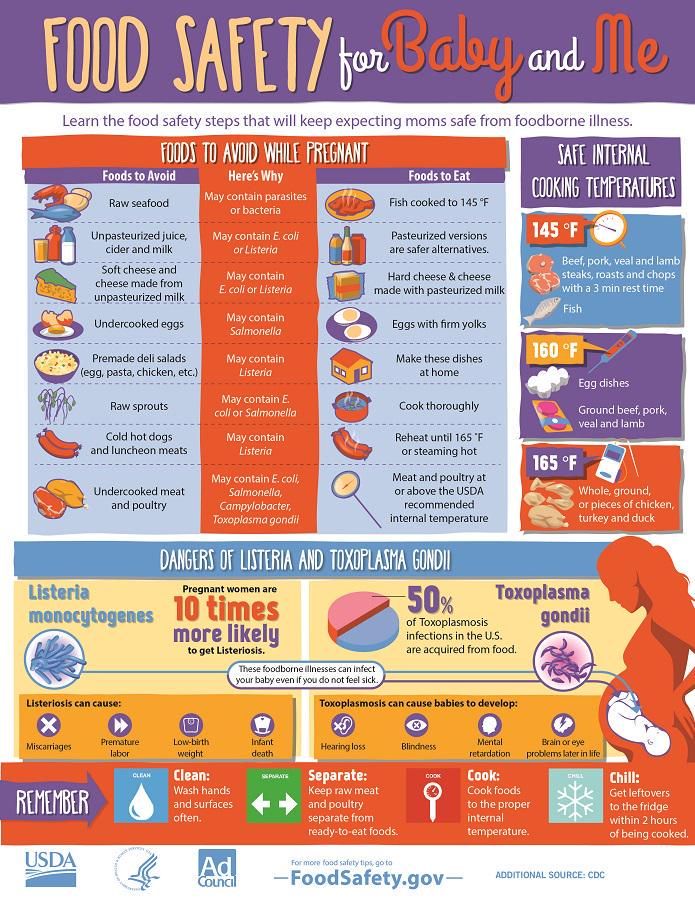 Magnesium is found in boiled potatoes, broccoli, processed cheese, cocoa beans, milk, bananas, honey, almonds, fish fillets, beans, peas, nuts, cereals, herbs, seafood.
Magnesium is found in boiled potatoes, broccoli, processed cheese, cocoa beans, milk, bananas, honey, almonds, fish fillets, beans, peas, nuts, cereals, herbs, seafood.
Lack of chromium causes anxiety, potentiating the feeling of restlessness. Found in corn, black bread, black tea, meat dishes garnished with boiled jacket potatoes, and many other common foods.
Iodine deficiency leads to depression. Chronic iodine deficiency from an early age can lead to cretinism. With iodine deficiency, memory suffers, small hand movements are disturbed, which are associated with the development of speech, attention, the ability to put words into sentences, and the processing of visual and auditory information. Source - algae, mussels, shrimps, sea kale, fish, iodized salt, mushrooms.
Zinc , like iron, an antioxidant, it protects brain cells from harmful effects. It affects all types of metabolism, is part of brain proteins, controls the synthesis of those proteins that are responsible for memory and learning. If the child began to see poorly in the dark, squints, although there are no obvious visual impairments, the zinc content in the blood should be checked. There is a lot of zinc in herring, mackerel, liver, meat, eggs, mushrooms, cereals, pine nuts, pumpkin seeds and sesame seeds. It is better absorbed from meat products than from plant foods.
If the child began to see poorly in the dark, squints, although there are no obvious visual impairments, the zinc content in the blood should be checked. There is a lot of zinc in herring, mackerel, liver, meat, eggs, mushrooms, cereals, pine nuts, pumpkin seeds and sesame seeds. It is better absorbed from meat products than from plant foods.
The diet of a junior schoolchild is directly related to his daily routine. Children spend most of their time at school. In this regard, the alternation of mental stress and periods of rest should be taken into account. During a period of significant mental stress, food should be fractional and easily digestible. The solid part of the diet, a hearty meal that supplies proteins and fats and requires a long digestion, should be transferred to a period of more or less long rest.
Approximate daily routine of a younger student:
- 07.30 – 08.00 Breakfast at home
- 10.00 – 11.00 Hot breakfast at school
- 12.
 00 - 13.00 Lunch at home or at school
00 - 13.00 Lunch at home or at school - 19.00 – 19.30 Dinner at home
Breakfast food should not be heavy, oversaturated with fats. It can be fish, boiled egg or scrambled eggs, cutlet, cottage cheese, porridge. And be sure to have some vegetables or fruits. You can supplement the menu with tea, cocoa with milk or juice.
Lunch should contain protein-rich foods. Meat, poultry or fish contribute to filling the blood with amino acids that stimulate brain activity.
At dinner, on the contrary, you should not eat foods high in protein. Instead, carbohydrates are good, which are most beneficial just shortly before bedtime.
Strawberries, wild strawberries and blueberries improve coordination, concentration and short-term memory.
Berries (cranberries, blueberries, grapes), vegetables (white cabbage and beets) and fish (salmon, tuna, sardines and fatty herring) are very useful for developing the intellect.
Chocolate increases intellectual activity.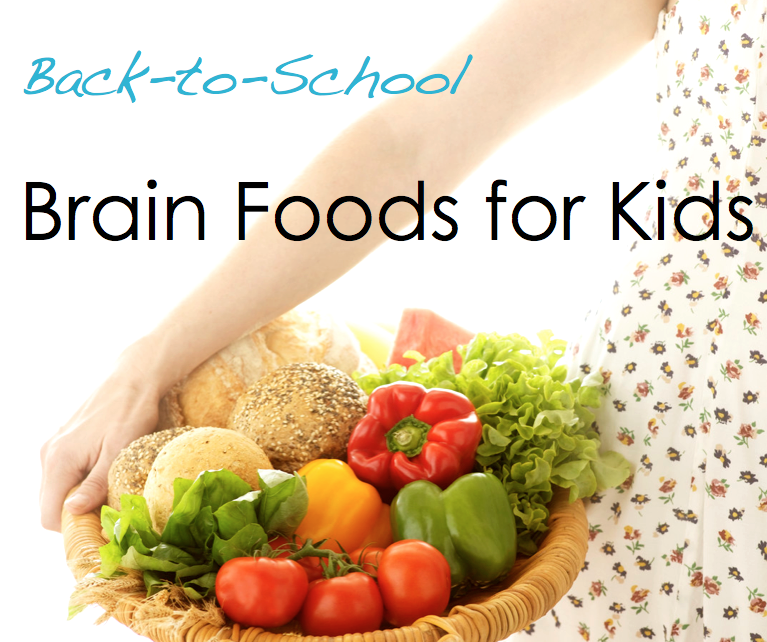 Consumption of chocolate contributes to the production of serotonin in the body, a neurotransmitter and biologically active substance, the lack of which can lead to a decrease in mood and even depression. Chocolate also contains theobromine, a stimulant that dramatically improves mood. Bitter chocolate varieties activate the brain and have a positive effect on the cardiovascular system. Varieties with a high cocoa content (above 70%) have a particularly beneficial effect on brain function.
Consumption of chocolate contributes to the production of serotonin in the body, a neurotransmitter and biologically active substance, the lack of which can lead to a decrease in mood and even depression. Chocolate also contains theobromine, a stimulant that dramatically improves mood. Bitter chocolate varieties activate the brain and have a positive effect on the cardiovascular system. Varieties with a high cocoa content (above 70%) have a particularly beneficial effect on brain function.
The benefits of nuts are undeniable. In all nuts there is a unique unique balance of vitamins and microelements. They are rich in complex proteins necessary for all tissues. Nuts are a source of vegetable proteins, carbohydrates, dietary fiber and fat with a high content of polyunsaturated fatty acids, vitamin E, B vitamins, potassium, magnesium, calcium, phosphorus, iron, manganese, copper and other useful and essential substances for the body. The nutritional value of nuts is provided by a favorable combination of proteins and fats in them; Walnut protein contains many essential amino acids.

